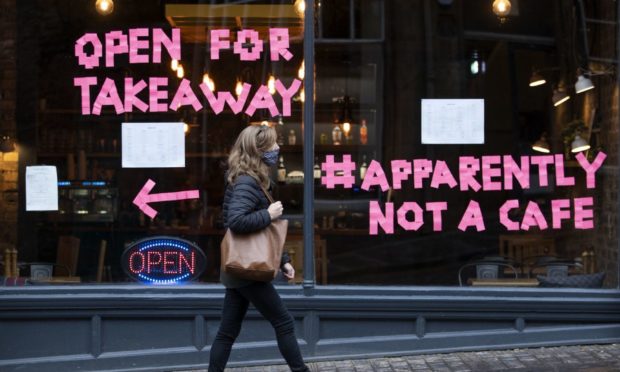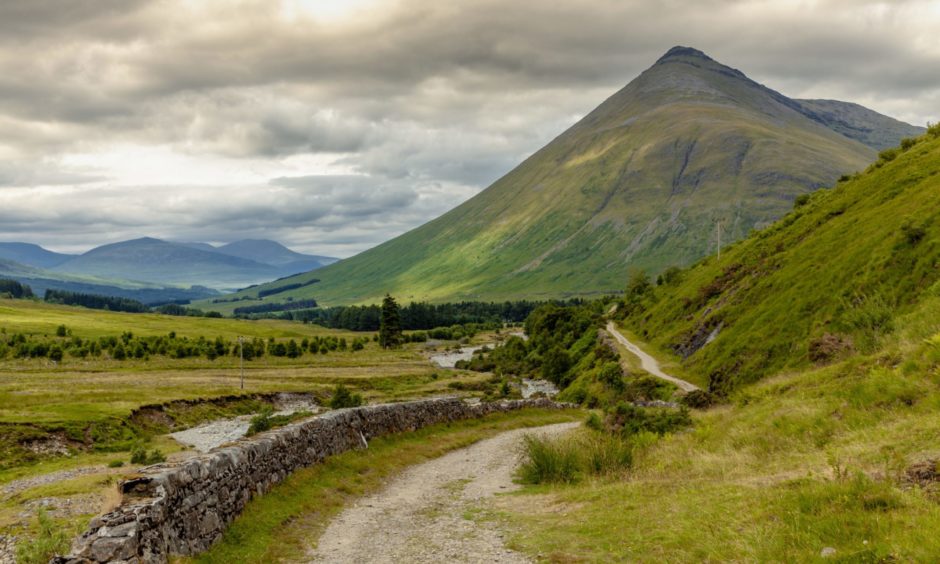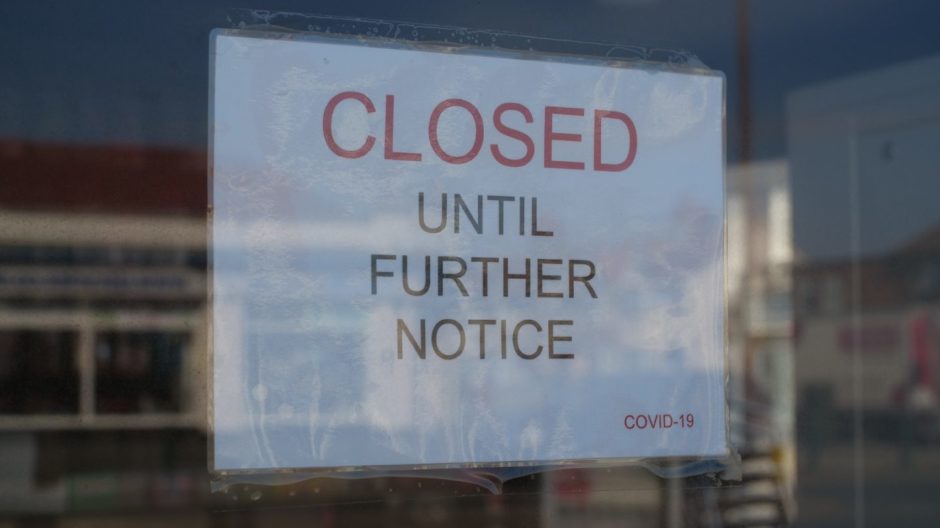The hospitality sector will take up to two years to begin its recovery from the Covid-19 pandemic, an industry spokesman claims.
Stephen Montgomery, of the Scottish Hospitality Group, told MSPs the sector has been “hit more than any other” and revealed it would take “18 to 24 months” before the next stage in its recovery.
He added that bars and restaurants are closing on a “daily basis” and this requires “serious interventions from both governments”.
Willie Macleod, executive director of Scotland at UK Hospitality, who also appeared before members of Holyrood’s tourism committee, said the “picture is pretty bleak”.
He added that the majority of businesses are not looking at a “buoyant recovery” in 2021 and many do not expect to break even by 2022.
He said: “All of that is dependent on not just the UK and Scotland getting Covid-19 under control but, really, we have to get it under control internationally before hospitality and tourism begin to recover.”
Bryan Simpson, industrial organiser at Unite in Hospitality, described the impact of Covid-19 on workers as “cataclysmic”.
The union estimates in the region of 50,000 job losses in tourism and hospitality, affecting “young workers, women and migrant workers more than any other demographic”.
Mr Simpson argued that financial support provided to employers is “not trickling down” to employees with some unable to access the furlough scheme.
Migrant workers facing ‘double effect’
Mr Simpson claimed migrant workers in the Highlands have been “doubly affected” by the coronavirus pandemic.
The union organiser said migrant workers have not only lost their jobs “unnecessarily” but have been evicted from their staff accommodations and in some cases have lost their pre-settled status to remain in the country.
“These workers could not lose any more, having to go back to their respective countries simply because – and I appreciate there are financial concerns from the business perspective – these employers could and should have furloughed these workers and they haven’t,” he added.
‘A huge impact on income’
A spokesman from Highlands and Islands Enterprise said tourism has been one of the region’s “worst-affected industries”.
He said: “Temporary closure, scaled-back operations and loss of visitors have had a huge impact on income.
“The continuing uncertainty also affects the ability of businesses in the sector to plan ahead.
“The challenges for the sector are to adapt financially and operationally so they can keep in line with guidance on social distancing while continuing to provide exceptional customer experiences safely and responsibly.”
The organisation said it has focused on distributing Scottish Government support to the industry through the tourism and hospitality hardship fund and enterprise resilience fund.
It is also working to deliver the £14 million hotel support programme.
Engagement with government ‘very slow’
Mr Montgomery said interaction with the Scottish Government has been “very slow” and said the industry has been vocal in calling for “proper engagement” since the beginning of the pandemic.
He pointed to the guidance issued on the new levels system that came out on a Friday night ahead of implementation on the following Tuesday.
The hospitality body spokesman said: “We still see a lot of the guidance coming out last minute, which is trying to give us very little time to let our operators and business owners get the things in place that they need to.”
Mr Macleod agreed that new regulations are communicated to the sector “very late in the day”, giving businesses “little time” to prepare.


